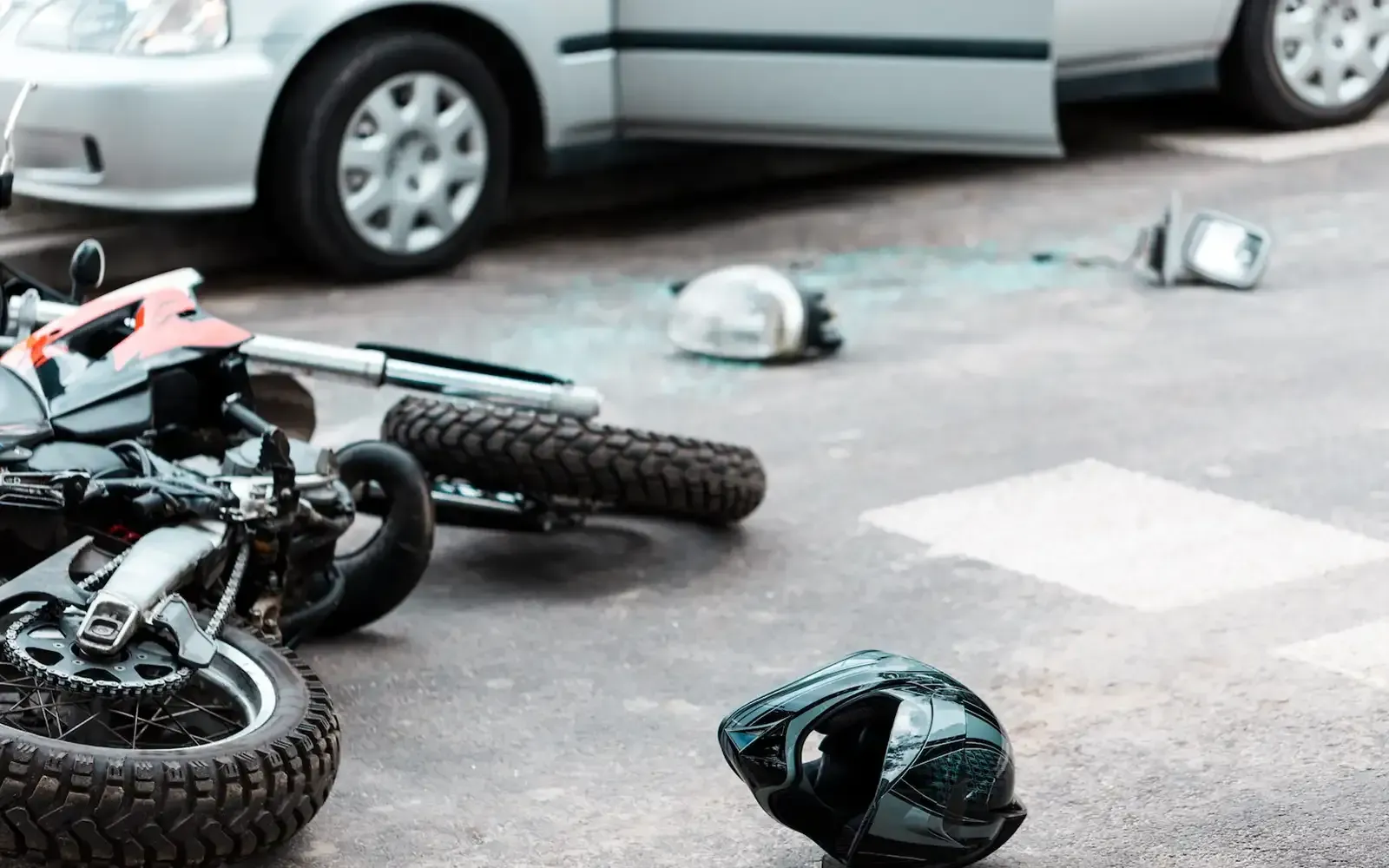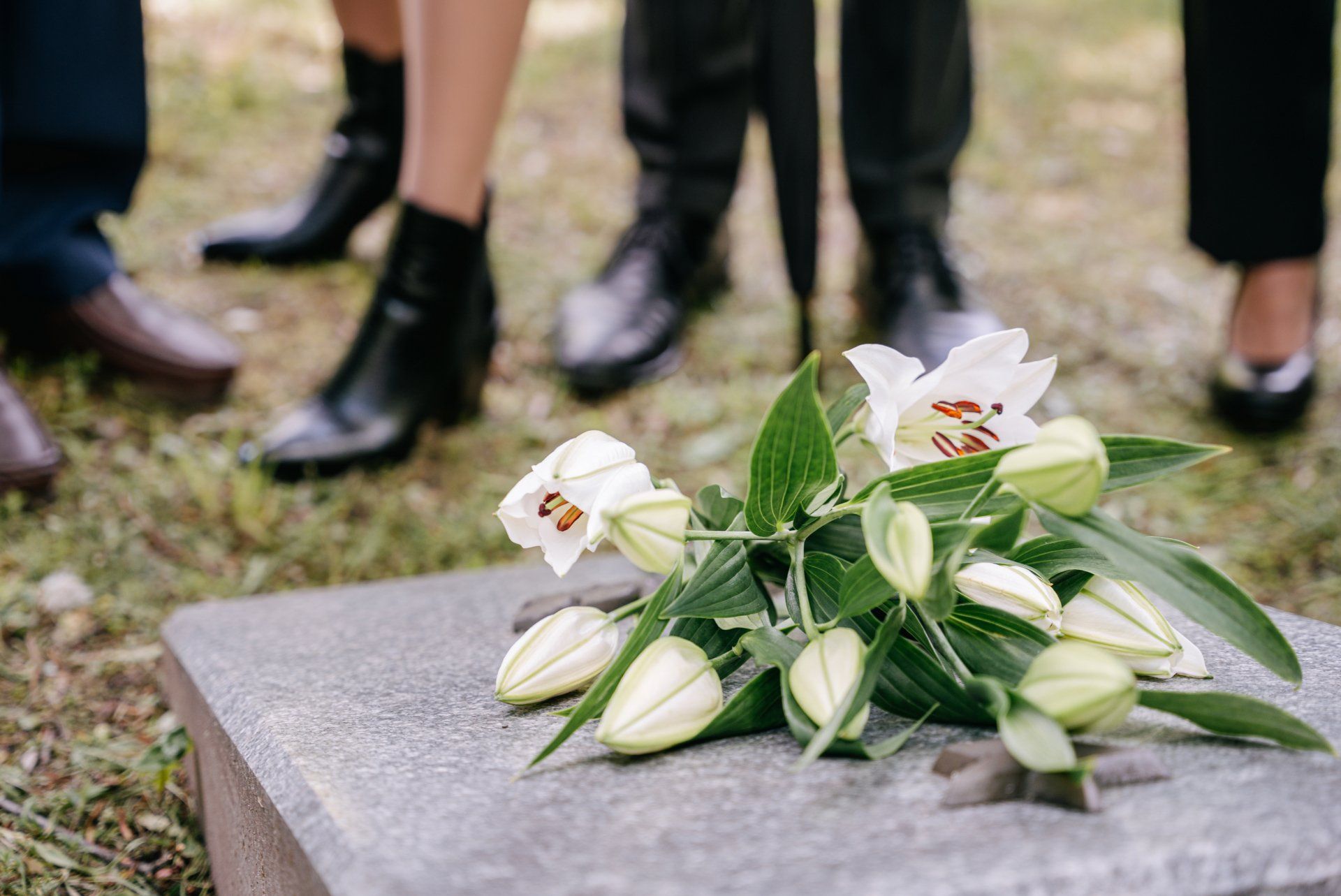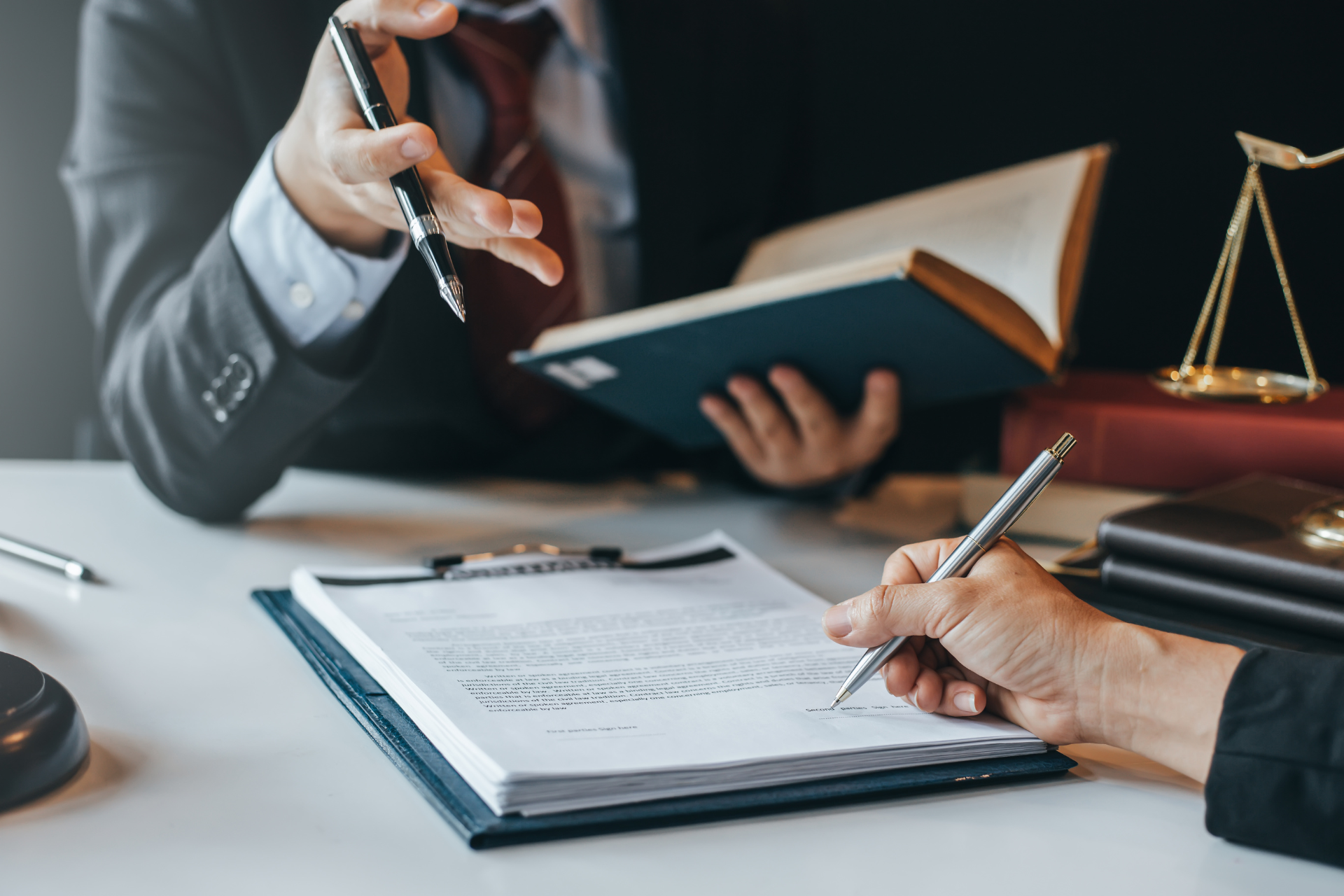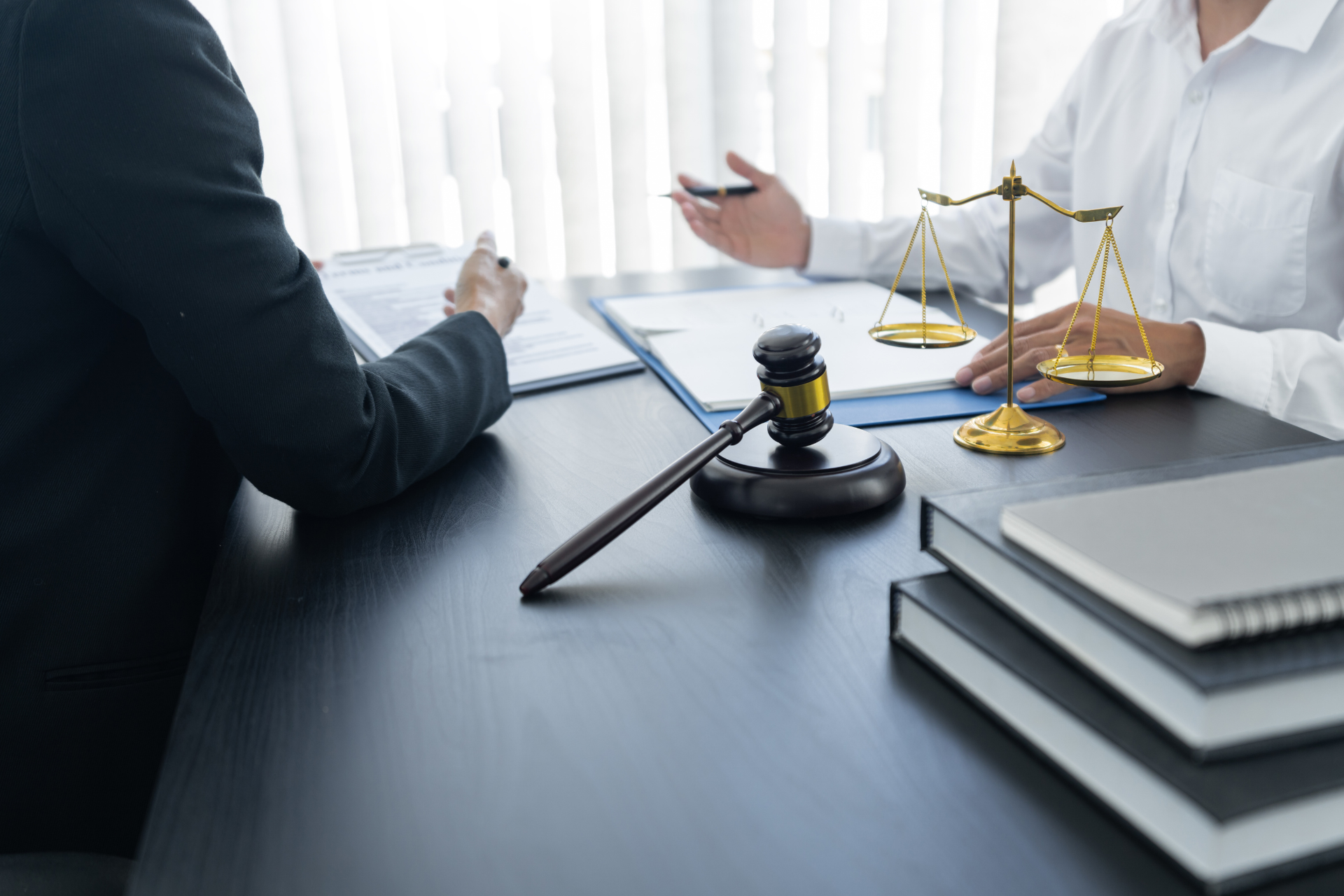Understanding Compensation: What Can You Claim?
When you suffer a personal injury due to someone else's negligence, it's important to understand what compensation you may be entitled to. Knowing what you can claim helps ensure that you receive the full benefits you deserve to cover your losses and support your recovery. Let's break down the various types of compensation available in personal injury cases:
1. Medical Expenses
Medical expenses are often the largest part of a personal injury claim. These can include:
- Immediate medical costs: Emergency room visits, surgeries, and hospital stays.
- Ongoing medical treatment: Physical therapy, follow-up visits, and prescription medications.
- Future medical expenses: Costs related to long-term care or anticipated future treatments.
2. Lost Wages
If you have missed work due to your injury, you can claim compensation for lost wages. This includes:
- Current lost income: The wages you’ve already lost due to your injury.
- Future lost income: If your injury affects your ability to work in the future, you can claim for projected loss of income.
3. Loss of Earning Capacity
In some cases, an injury might permanently limit your ability to earn a living. Compensation for loss of earning capacity addresses the difference between your earnings before the injury and what you can expect to earn going forward.
4. Pain and Suffering
Pain and suffering compensation covers the physical pain and emotional distress inflicted by your injury. This type of compensation is more subjective and can vary based on the severity of the injury, the impact on your daily life, and the duration of your suffering.
5. Emotional Distress
Separate from pain and suffering, emotional distress compensation addresses psychological impacts such as anxiety, depression, and trauma that often occurs from the injury. This may require testimony from mental health professionals to substantiate your claim.
6. Loss of Consortium
Loss of consortium pertains to the negative impact your injury has on your relationship with your spouse. This can include loss of companionship and affection. In some jurisdictions, children can also claim loss of consortium for the impact on their relationship with an injured parent.
7. Property Damage
If your personal property was damaged in the incident that caused your injury (e.g., a car accident), you can claim compensation for repair or replacement costs.
8. Punitive Damages
In cases where the defendant's behavior was particularly reckless or malicious, the court might award punitive damages. These are intended to punish the defendant and hopefully prevent similar conduct in the future. Punitive damages are given in addition to compensatory damages.
9. Out-of-Pocket Expenses
You can also claim any out-of-pocket expenses incurred as a result of your injury. This can include costs like transportation to medical appointments, home modifications, or hiring help for household chores you can no longer perform.
How to Maximize Your Compensation
- Document Everything: Keep detailed records of all your medical treatments, lost workdays, and expenses related to your injury.
- Seek Legal Advice: An experienced personal injury lawyer can help you understand the full extent of your claim and navigate the legal process.
- Follow Medical Advice: Adhere to your doctor's recommendations to show that you are taking your recovery seriously.
- Keep a Journal: Record your pain levels, emotional state, and how the injury affects your daily life to support your claim for pain and suffering.
Understanding the various types of compensation available in personal injury cases is essential for ensuring that you receive the full benefits you're entitled to. At JDB Law, PLLC, we are dedicated to helping you navigate the complexities of personal injury claims and securing the compensation you deserve. If you've been injured, contact us today for a free consultation and let us help you on your road to recovery.
Contact Us
If you have any questions or need legal assistance with your personal injury claim, don't hesitate to reach out to us. Our experienced attorneys are here to help you every step of the way.








